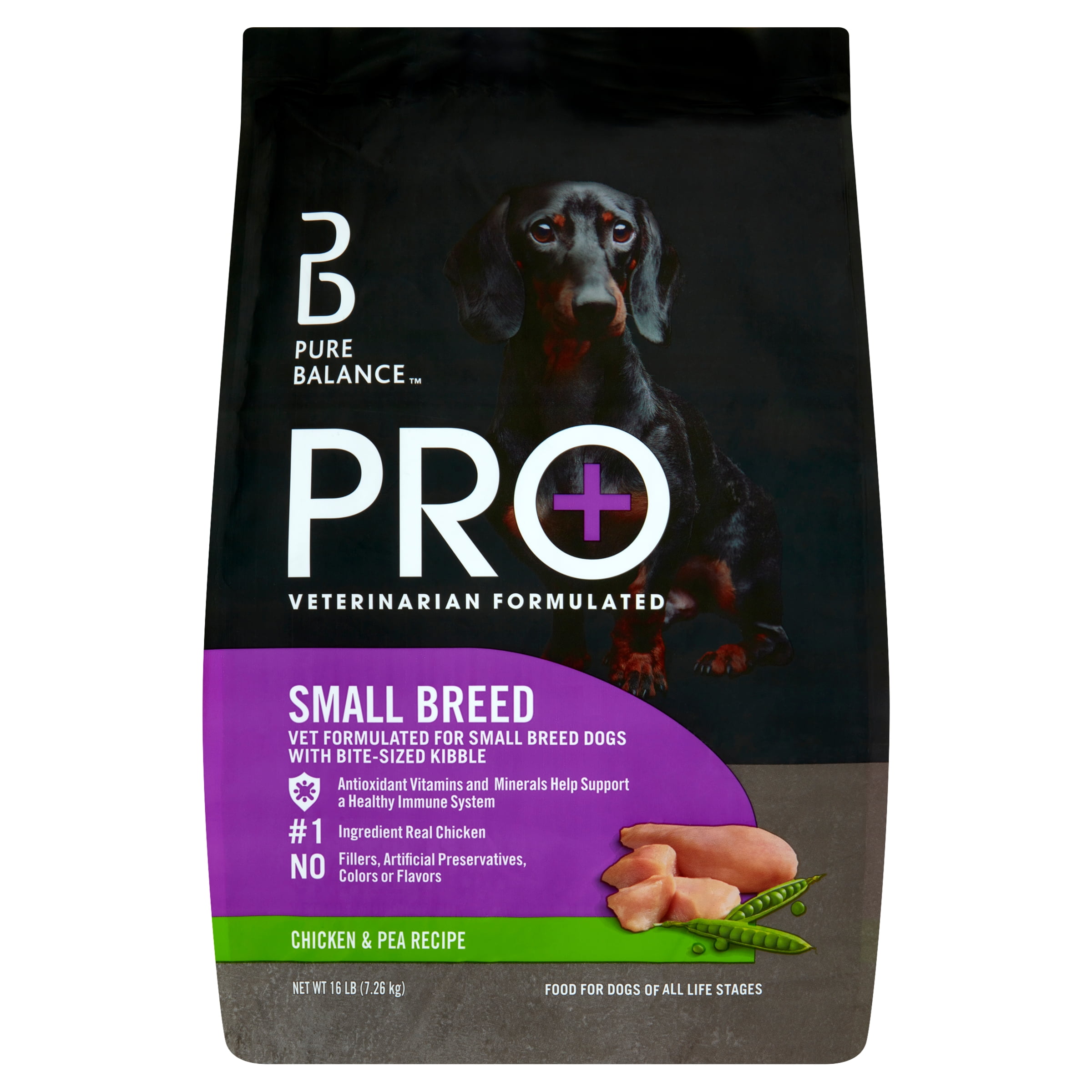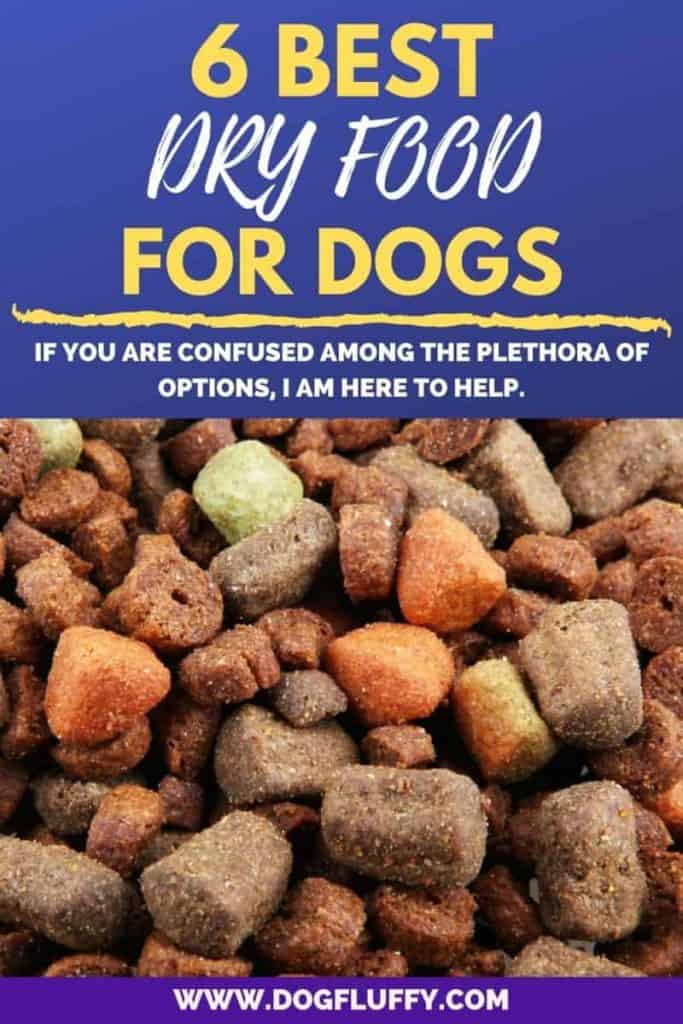
Dry Food for Dogs with Sensitive Teeth: Understanding the Causes, Symptoms, and Best Choices
Dental health is a critical component of a dog’s overall well-being. Just like humans, dogs can experience a range of dental problems, including sensitive teeth. While it might not be immediately obvious, tooth sensitivity can cause significant discomfort and affect a dog’s appetite and behavior. Choosing the right dry food is crucial in managing this condition and ensuring your canine companion enjoys a healthy and pain-free life. This article delves into the causes and symptoms of sensitive teeth in dogs, and provides a comprehensive guide to selecting the best dry food to alleviate their discomfort.
Understanding Sensitive Teeth in Dogs: The Root of the Problem
Tooth sensitivity, technically known as dentin hypersensitivity, occurs when the dentin, the layer of the tooth beneath the enamel, is exposed. This exposure allows stimuli, such as hot, cold, or even certain textures of food, to reach the nerve endings within the tooth, causing pain. Several factors can contribute to this condition in dogs:
-
Enamel Erosion: Enamel is the protective outer layer of the tooth. Erosion of this enamel can be caused by:
- Acidic Foods and Treats: Frequent consumption of highly acidic foods or treats can gradually wear down the enamel.
- Aggressive Chewing: Dogs that are aggressive chewers, particularly on hard objects like rocks, bones, or overly hard toys, can damage their enamel.
- Genetics: Some breeds are genetically predisposed to weaker enamel.
-
Gingival Recession: This refers to the receding of the gums, exposing the root of the tooth, which lacks enamel protection. Causes include:
- Periodontal Disease: The most common cause of gingival recession. Periodontal disease is an inflammation and infection of the gums and supporting structures of the teeth, often caused by plaque and tartar buildup.
- Trauma: Injury to the mouth, such as from a bite or accident, can damage the gums.
- Brushing Too Hard: While brushing is important, using excessive force or a hard-bristled brush can damage the gums over time.
-
Tooth Fractures: Cracks or fractures in the teeth can expose the dentin and lead to sensitivity. These fractures can be caused by:
- Trauma: Similar to gum trauma, injuries can cause teeth to fracture.
- Chewing on Hard Objects: Again, chewing on very hard objects is a major culprit.
- Underlying Dental Disease: Weakened teeth due to other dental problems are more susceptible to fractures.
-
Dental Procedures: Certain dental procedures, such as scaling and root planing (deep cleaning), can temporarily increase tooth sensitivity as the dentin is exposed during the cleaning process. This sensitivity usually subsides as the gums heal.
Recognizing the Signs: Symptoms of Sensitive Teeth in Dogs
Identifying sensitive teeth in dogs can be challenging, as they cannot verbally express their discomfort. However, careful observation can reveal telltale signs:
- Reluctance to Eat Dry Food: This is often the most obvious sign. A dog with sensitive teeth may hesitate or refuse to eat dry kibble, especially if it is hard or requires significant chewing.
- Eating Slowly or Favoring One Side of the Mouth: They may chew slowly or gingerly, or they might try to chew only on one side of their mouth to avoid putting pressure on the sensitive teeth.
- Dropping Food While Eating: Pain may cause them to drop food from their mouth.
- Whining or Crying While Eating: This is a clear indication of pain.
- Changes in Chewing Habits: A dog might start swallowing kibble whole instead of chewing it properly.
- Excessive Drooling: Pain and discomfort can stimulate saliva production.
- Pawing at the Mouth: They might paw at their mouth or rub their face against furniture in an attempt to relieve the pain.
- Bad Breath (Halitosis): Often a sign of underlying dental disease, which can contribute to tooth sensitivity.
- Visible Signs of Dental Problems: Red, swollen, or bleeding gums; loose teeth; or excessive tartar buildup.
- Changes in Behavior: Irritability, decreased appetite, or a reluctance to play with chew toys.
Choosing the Right Dry Food: Key Considerations
Once you suspect your dog has sensitive teeth, consulting a veterinarian is crucial for a proper diagnosis and treatment plan. However, changing their diet to a more appropriate dry food can provide significant relief. Here are key factors to consider when choosing dry food for dogs with sensitive teeth:
-
Smaller Kibble Size: Smaller kibble is easier to chew and reduces the amount of pressure required to break down the food. Look for formulas specifically designed for small breeds or those marketed as "small bite" or "mini" kibble.
-
Softer Texture: Some dry foods are formulated to be softer than traditional kibble. These often have a more porous structure, making them easier to crumble and chew. Read product descriptions carefully and look for terms like "soft," "tender," or "easily digestible."
-
Highly Digestible Ingredients: Easily digestible ingredients reduce the workload on the digestive system, which can indirectly benefit dental health by reducing inflammation throughout the body. Look for formulas with high-quality protein sources (like chicken, fish, or lamb) and easily digestible carbohydrates (like rice or oats).
-
Dental Health Ingredients: Certain dry foods contain ingredients specifically designed to promote dental health:
- Sodium Hexametaphosphate (SHMP): This ingredient helps to prevent tartar buildup by binding to calcium in saliva, preventing it from forming plaque.
- Enzymes: Some formulas contain enzymes that help to break down plaque and tartar.
- Abrasive Texture: Some kibble is designed with a slightly abrasive texture to help scrape away plaque as the dog chews.
-
Limited Ingredient Diets (LID): If your dog has sensitivities or allergies, a LID formula can be beneficial. Food allergies can sometimes manifest as inflammation in the mouth, exacerbating dental problems.
-
Avoidance of Hard or Sticky Foods: Avoid dry foods with large, hard kibble or those that tend to become sticky when wet. These can put excessive pressure on sensitive teeth.
-
Consider Wet Food Options: In severe cases of tooth sensitivity, your veterinarian might recommend a primarily wet food diet. Wet food is much easier to chew and less likely to cause pain. You can also moisten dry food with warm water to soften it before feeding.
-
Veterinarian Recommendation: Always consult with your veterinarian before making significant changes to your dog’s diet. They can assess your dog’s dental health and recommend the most appropriate food based on their individual needs.
Beyond Diet: Comprehensive Dental Care
While choosing the right dry food is essential, it’s only one piece of the puzzle. A comprehensive dental care routine is crucial for maintaining your dog’s oral health and preventing future problems:
- Regular Brushing: Brush your dog’s teeth daily, or at least several times a week, using a dog-specific toothpaste and toothbrush.
- Professional Dental Cleanings: Schedule regular professional dental cleanings with your veterinarian to remove plaque and tartar buildup. These cleanings are typically performed under anesthesia.
- Dental Chews and Toys: Offer dental chews and toys designed to help clean teeth and massage the gums. Choose chews that are appropriately sized for your dog and made from safe, digestible materials. Avoid hard bones or antlers, as these can fracture teeth.
- Regular Dental Checkups: Incorporate dental checkups into your dog’s annual veterinary visits.
Conclusion
Sensitive teeth can significantly impact a dog’s quality of life. By understanding the causes and symptoms of this condition, and by carefully selecting a dry food that is gentle on their teeth and promotes dental health, you can help alleviate their discomfort and ensure they enjoy a happy and healthy life. Remember to consult with your veterinarian for a proper diagnosis and treatment plan, and to maintain a comprehensive dental care routine to prevent future problems. A proactive approach to dental health will keep your canine companion smiling for years to come.

